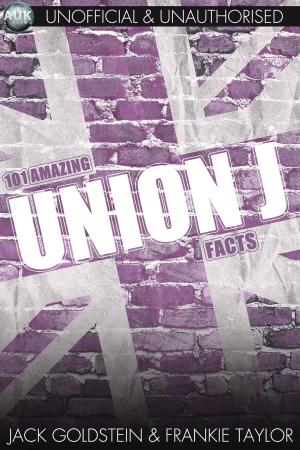Hobbes's Behemoth
Religion and Democracy
Nonfiction, Religion & Spirituality, Philosophy, Medieval, Political| Author: | Tomaz Mastnak | ISBN: | 9781845403744 |
| Publisher: | Andrews UK | Publication: | March 21, 2012 |
| Imprint: | Imprint Academic | Language: | English |
| Author: | Tomaz Mastnak |
| ISBN: | 9781845403744 |
| Publisher: | Andrews UK |
| Publication: | March 21, 2012 |
| Imprint: | Imprint Academic |
| Language: | English |
Hobbes's Behemoth has always been overshadowed by his more famous Leviathan, which is arguably his masterpiece and is one of the greatest works of political philosophy. Behemoth, Hobbes's "booke of the Civill Warr," on the other hand, is most often seen as little more than a history of the English Civil War and Interregnum.This volume contains analyses and interpretations of the Behemoth: the structure of its argument, its relation to Hobbes's other writings, and its place in its philosophical, theological, political, and religious historical context. It also explores the implications of Hobbes's analysis of the "causes of the civil-wars of England and of the councels and artifices by which they were carried on.The contributions show Hobbes's relevance for today's debates about the decline of sovereignty and the state, and the rise of religious and democratic fundamentalisms.
Hobbes's Behemoth has always been overshadowed by his more famous Leviathan, which is arguably his masterpiece and is one of the greatest works of political philosophy. Behemoth, Hobbes's "booke of the Civill Warr," on the other hand, is most often seen as little more than a history of the English Civil War and Interregnum.This volume contains analyses and interpretations of the Behemoth: the structure of its argument, its relation to Hobbes's other writings, and its place in its philosophical, theological, political, and religious historical context. It also explores the implications of Hobbes's analysis of the "causes of the civil-wars of England and of the councels and artifices by which they were carried on.The contributions show Hobbes's relevance for today's debates about the decline of sovereignty and the state, and the rise of religious and democratic fundamentalisms.















